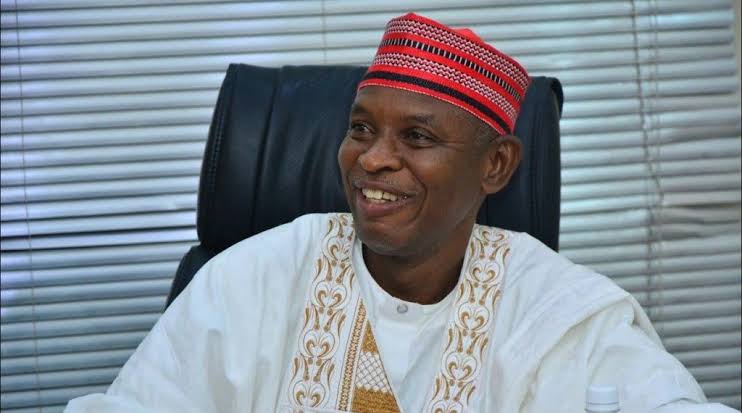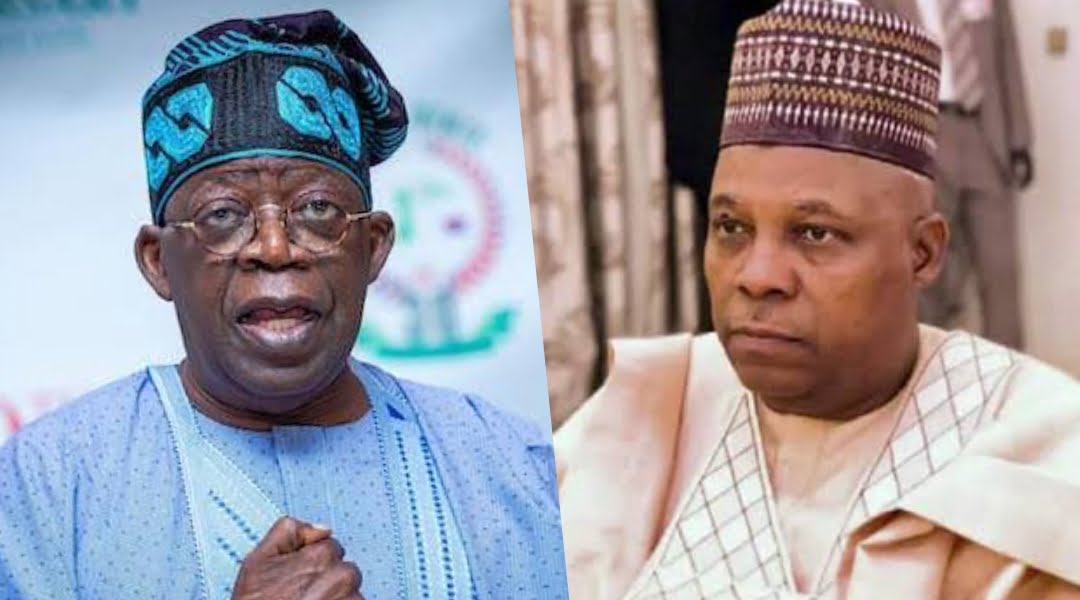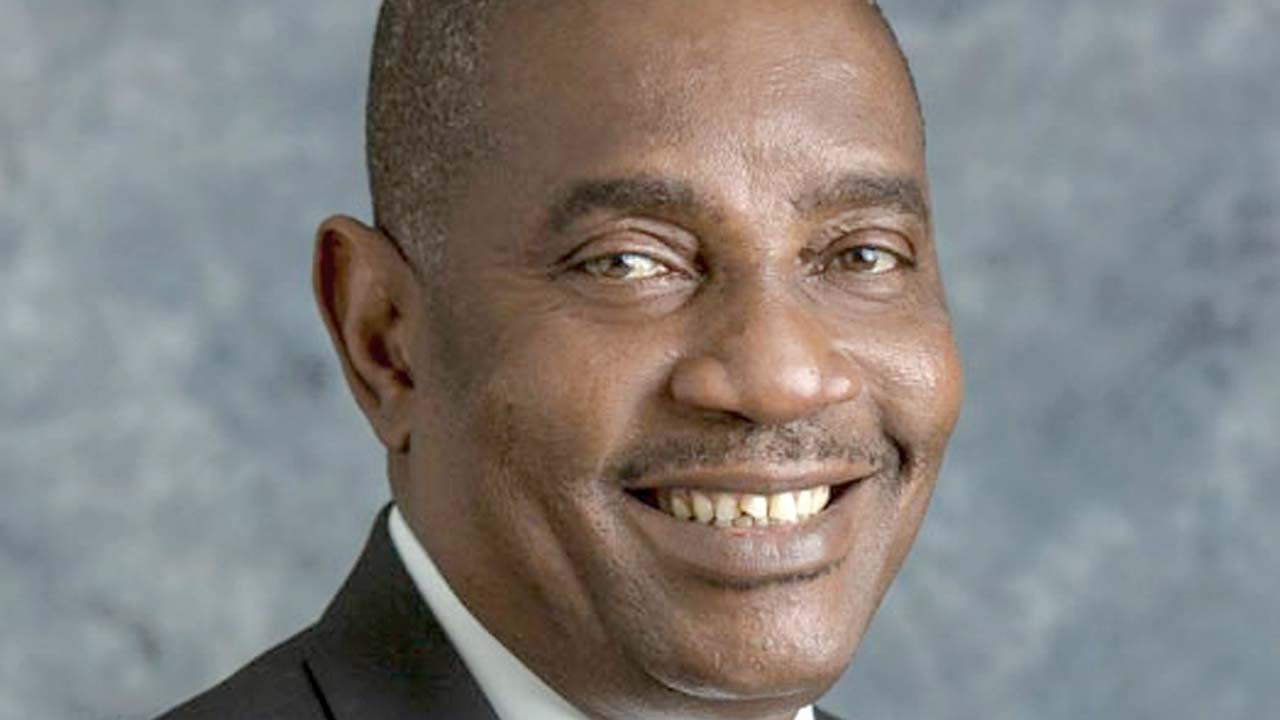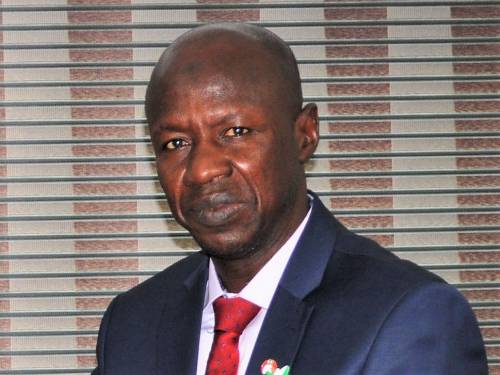The CCB has never honoured requests for public officials’ asset declaration information because the guidelines for such disclosure have not been provided in the Nigerian Constitution.
The Code of Conduct Bureau (CCB) has asked Nigeria’s President-elect, Asiwaju Bola Tinubu; the Vice President-elect, Kashim Shettima and 28 incoming governors to declare their assets before the May 29 inauguration.
Asset declaration for public officials in Nigeria has been a topic of discussion for many years and is seen as a critical aspect of transparency and accountability in governance.
Requiring public officials to disclose their assets and liabilities before assuming office can help to prevent corruption and other unethical practices that may result in personal gain.
A few days ago, it emerged that Nigeria’s president-elect, Bola Tinubu, whose victory in February is being challenged in court, has been keeping part of his wealth in the United Kingdom, where he and his close associates own at least 20 properties.
It was discovered that the properties were mostly acquired when Tinubu was the governor of Lagos State, according to a report by Organized Crime and Corruption Reporting Project (OCCRP).
Recall that Tinubu was forced to forfeit $460,000 to the US government in 1993 as proceeds of narcotics trafficking, according to a ruling by a US District Court in Illinois.
About a year later, Abeeb Holdings Limited, an offshore company registered in Gibraltar with Tinubu as the beneficial owner, purchased Flat 9 at 96-100 New Cavendish Street in London.
Tinubu’s connection to Abeeb Holdings Limited was revealed through the Register of Overseas Entities, a new measure designed by the UK to disclose the true owners of offshore firms that hold property in the country.
His son, Oluwaseyi, is the main shareholder of Aranda Overseas Corporation, an offshore company that bought a controversial US$10.8 million U.K. property in 2017.
“If there are reasonable grounds to suspect these assets were bought with criminal funds, then they should be investigated,” the head of research and investigations at Transparency International UK, Steve Goodrich said.
He added: “Owning a home via an offshore company has seldom made much sense except for securing secrecy”.
Apart from the incoming president, his vice and governors, other public officials expected to declare their assets include ministers, senators-elect and Reps-elect who would be sworn-in on June 5.
The Asset Declaration Form (ADF) is usually filed with the Bureau which is responsible for verifying the information provided by public officials.
However, despite the Freedom of Information Act and President Muhammadu Buhari’s commitment to the membership of the Open Government Partnership, the CCB has never honoured requests for public officials’ asset declaration information because the guidelines for such disclosure have not been provided in the Nigerian Constitution.
A source at the CCB told this newspaper that the Bureau expects that the National Assembly would provide the guidelines before such information can be released to the public.
“It is not that the CCB is not willing to give information to applicants. The National Assembly is yet to give any guidelines,” the source said.
The chairman of the Independent Corrupt Practices and Other Related Offences Commission (ICPC), Bolaji Owasanoye, said requesting public officials to declare their assets without making the information public is a clog in the wheel of progress towards curbing corruption in the country.
“Publicising asset declaration will assist the whistle-blowing policy and our work. We have not been able to take full advantage of asset declaration because of the opacity around it. If somebody lied about his or her assets, he or she can be found out by just the opening of the page where it has been published,” Owasanoye said.
Similarly, a public affairs analyst Victor Anya, said: “The framers of the Code of Conduct Bureau erred by requesting public officials to declare their assets at the time of entering into public offices without a corresponding demand on them to do same when leaving office”.







